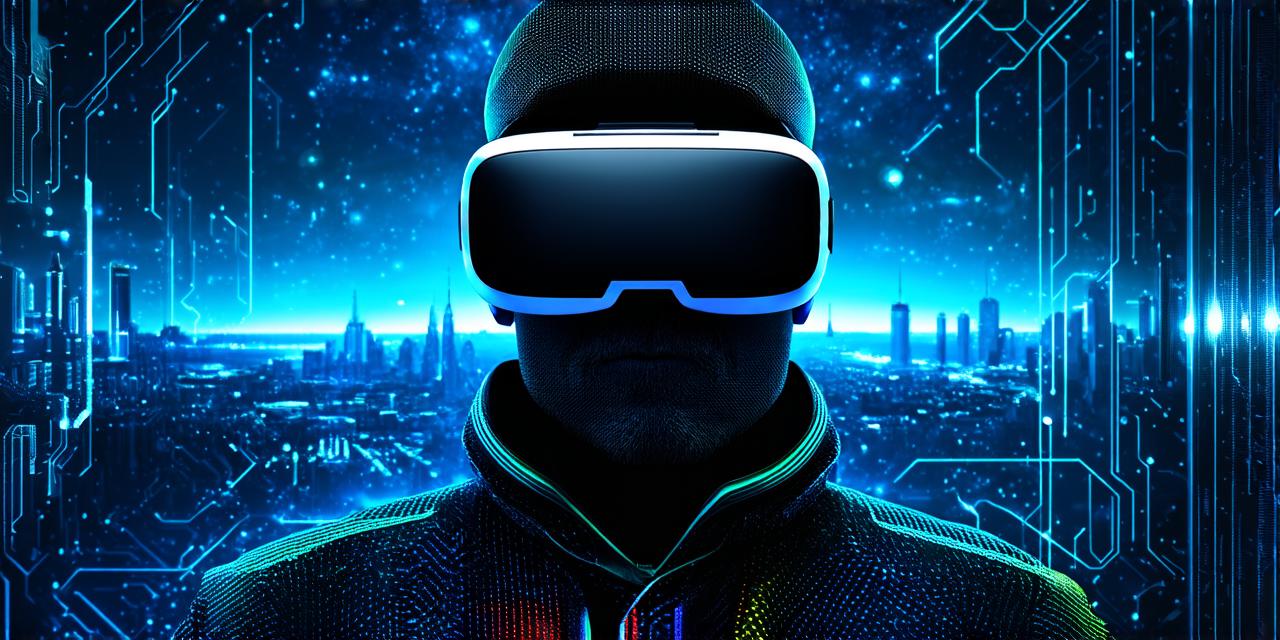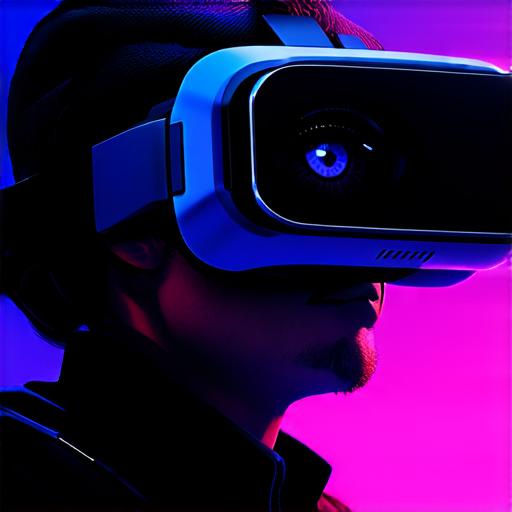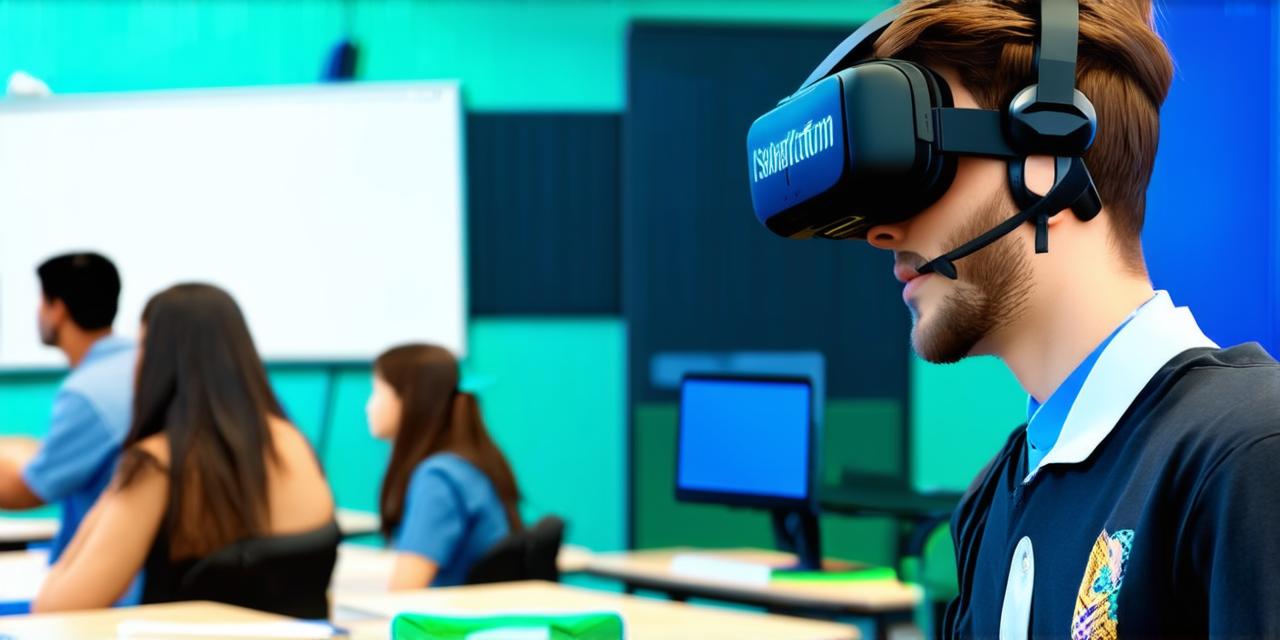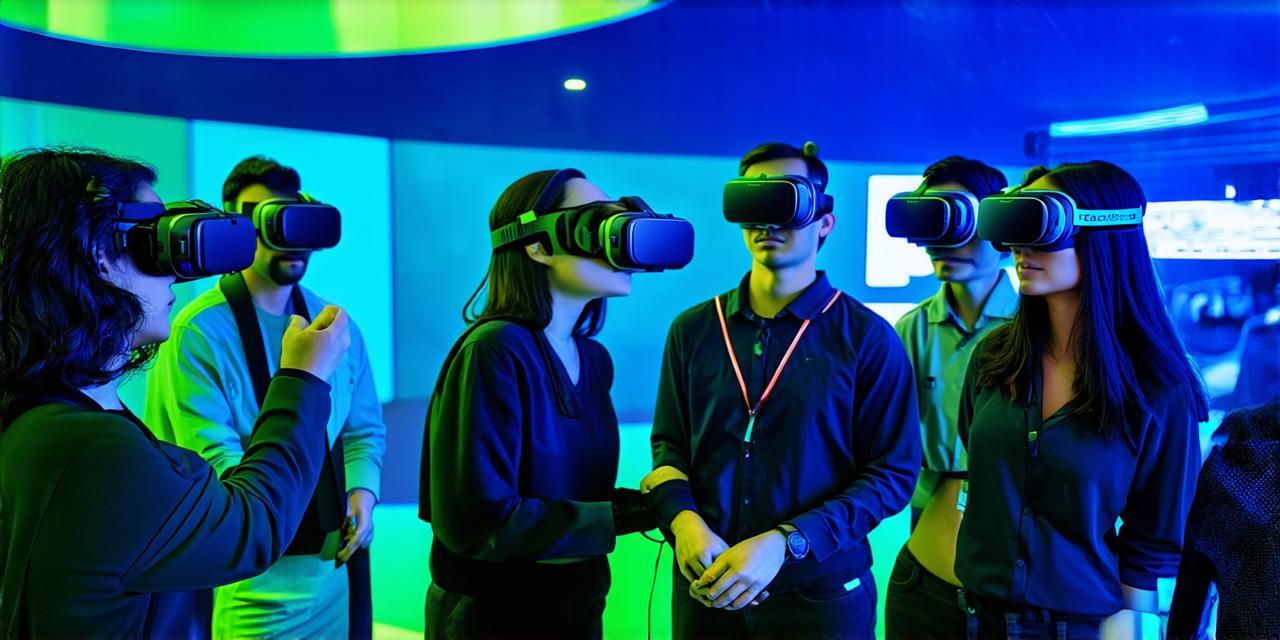
Why is virtual reality important for the future?
Virtual reality (VR) is a rapidly growing technology that has the potential to revolutionize many aspects of our lives. It involves immersing oneself in a simulated environment using sensors, cameras, and other devices. VR has already been used in gaming, but its applications extend far beyond entertainment.
Table of Contents
Toggle1. Training and Simulation
Virtual reality can be used to simulate real-world scenarios in a safe environment, allowing individuals to practice and perfect their skills without any risk of injury or damage. This makes it an ideal tool for training in fields such as medicine, aviation, and military. By using VR simulations, professionals can gain valuable experience and develop the necessary skills to perform their jobs effectively.
2. Education
Virtual reality can also be used to enhance education by providing a more immersive and interactive learning experience. Students can explore historical events, scientific concepts, and cultural traditions in a simulated environment, allowing them to gain a deeper understanding of the subject matter. VR can also help students with learning disabilities or those who require specialized attention, as it allows for personalized and adaptive learning experiences.
3. Entertainment
Virtual reality is already being used in gaming, providing players with an immersive and interactive gaming experience. However, VR has the potential to revolutionize other forms of entertainment, such as movies and live events. Imagine watching a movie or attending a concert in a virtual environment, allowing you to fully immerse yourself in the experience without leaving your home.
4. Mental Health and Therapy
Virtual reality can be used to treat mental health issues such as anxiety, depression, and PTSD by providing a safe and controlled environment for individuals to confront their fears and anxieties. VR therapy has been shown to be effective in treating these conditions, and it has the potential to become an essential tool for mental health treatment.

5. Collaboration and Communication
Virtual reality can also be used to facilitate collaboration and communication between teams working on projects across different locations. By using VR simulations, team members can work together in a virtual environment, allowing them to collaborate more effectively and efficiently. This can save time and money by reducing the need for travel and physical meetings.
In conclusion, virtual reality is an important technology that has the potential to revolutionize many aspects of our lives. From training and simulation to education, entertainment, mental health therapy, and collaboration, VR has a wide range of applications that can benefit individuals and society as a whole. As this technology continues to evolve, we can expect to see even more innovative uses for virtual reality in the future.

